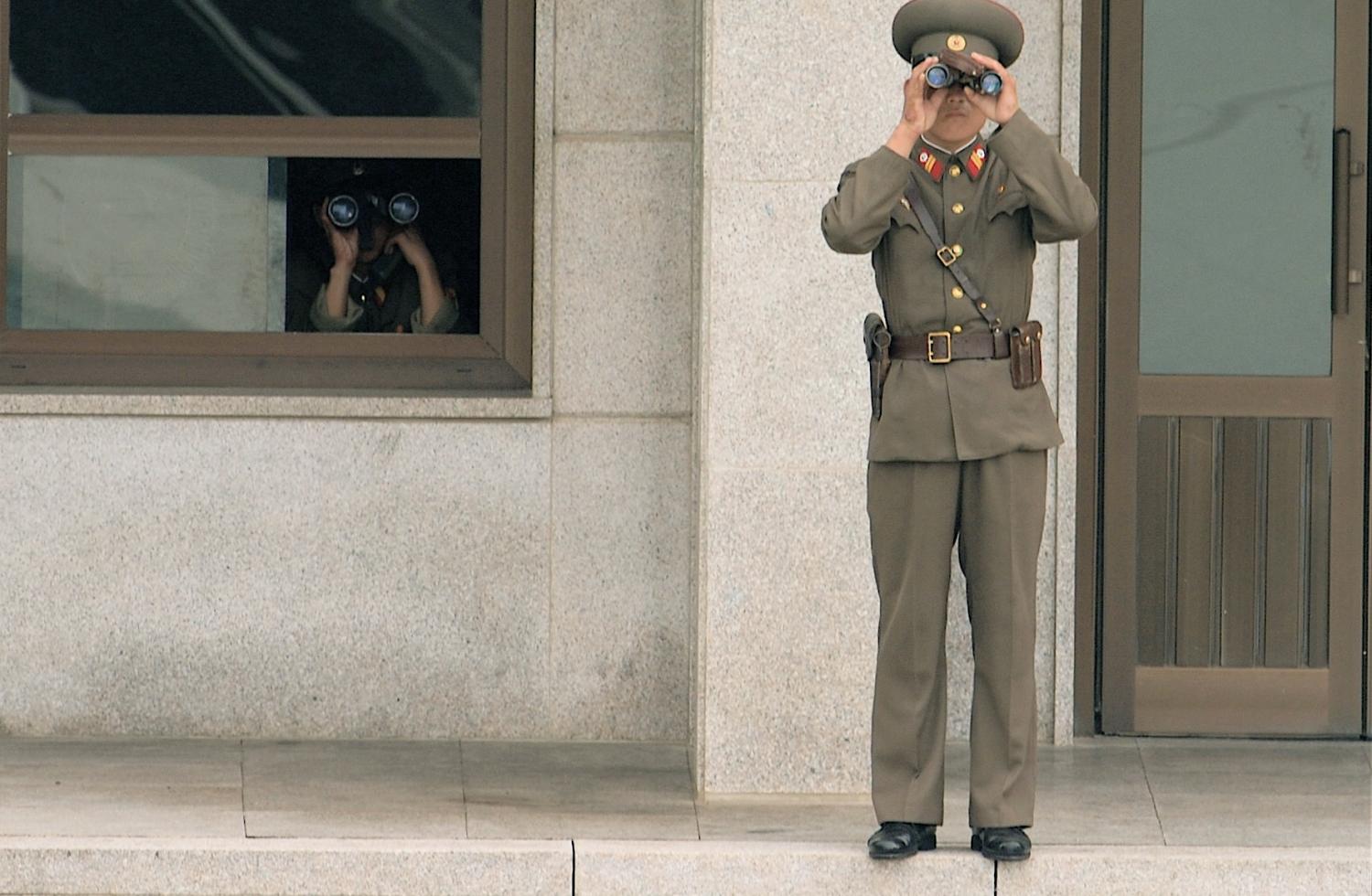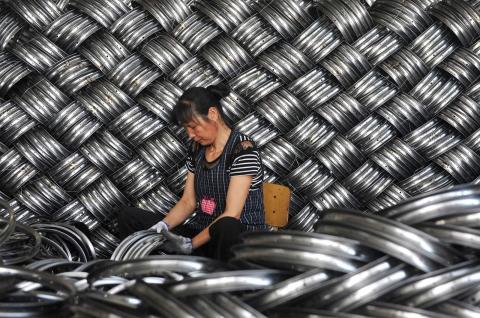We still don’t know exactly when or where President Trump and North Korean leader Kim Jong-un are going to meet, but Kim’s furtive visit to Beijing this week has heightened expectations that the summit will happen sometime in May.
By the time the summit occurs, attention on this historic event will be intense enough to rival the superpower summits of the Cold War. The fog of mystery and intrigue that always surrounds the North Korean regime, the strangeness of its leader, the unpredictability of Trump, the high stakes being debated, and the sheer ubiquity of today’s mass media and social media – all these factors will combine to make this summit one of the most watched events in modern diplomatic history.
But attention and pageantry do not equal significance. North Korea is not the Soviet Union, and that simple fact alone should guide Trump’s approach to the summit. North Korea is inching towards fielding an intercontinental ballistic missile (ICBM) that could put a nuclear warhead on a US city; it might even have that capability already. But although that is the most salient fact driving these talks, it is also important to remember that by every other measure of power – economic, cultural, diplomatic, non-nuclear military forces – North Korea is a small nation.
So small, in fact, that Americans might wonder why their nation is at the centre of these talks at all. Given that South Korea, China, Japan, Russia, and other near neighbours have a much larger stake in the North Korea problem, why has America taken ownership of it, to the point that it is now vulnerable to having one or more of its cities destroyed by a North Korean missile?
The answer, of course, is that America’s position on the Korean Peninsula is an artefact of the Cold War. To many foreign policy professionals in Washington, the collapse of the Soviet Union did not affect America’s position on the Korean Peninsula – the US still had a key role in defending its ally in the South, and in maintaining its leadership of what has more recently come to be described as the “rules-based order” in Asia.
But is that role important enough for the US to potentially sacrifice one of its cities?
We have every reason to think that Trump’s answer to that question is a resounding “no”. He is a confirmed sceptic of America’s alliances, and of America’s role as a protector of the rules-based order. On the other hand, Trump is clearly committed to defeating threats to the US homeland. So in today’s Financial Review, I argue that Trump ought to offer Kim a grand bargain: give up your ICBM program, and we will permanently withdraw our troops from South Korea.
A deal like that would change the politics and diplomacy of the Korean Peninsula, and have reverberations throughout Asia. But, as I argue in the piece, the shift away from an American-led security system in the region is inevitable anyway. It is up to America to negotiate that shift on the best possible terms.
Photo by Flickr user Morning Calm Weekly.

